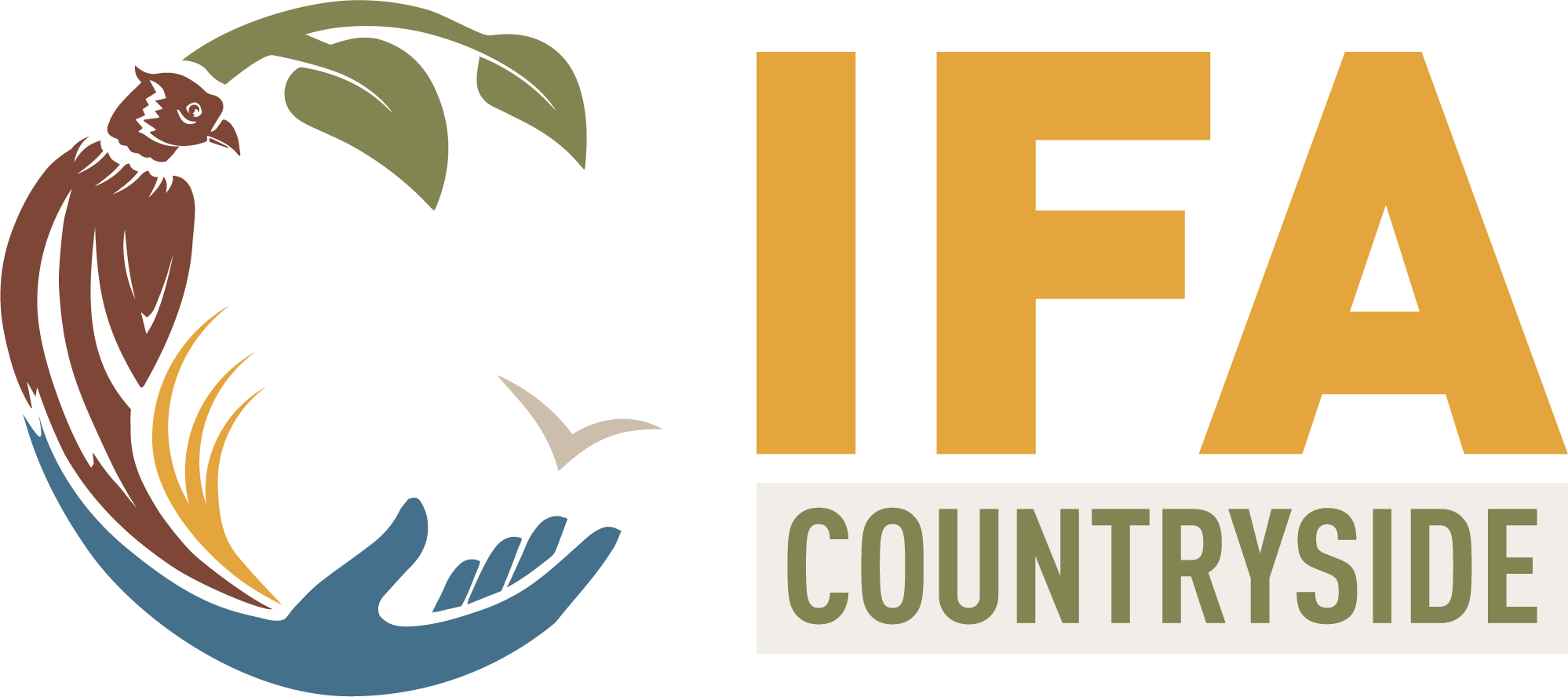- Former Deputy Garda Commissioner John Twomey to take up role
- Group to make recommendations on strengthening dog control policy
- Broad range of interest groups represented, including farming and welfare organisations
- Minister asks Stakeholder Group to consider issue of restricted breeds
Minister for Rural and Community Development, Heather Humphreys TD, has today (Tuesday, 5th March) appointed former Deputy Garda Commissioner, John Twomey, as the independent chairperson of the newly established Dog Control Stakeholder Group.
The Group is made up of representatives from key Government Departments and Interest Groups and will make recommendations on strengthening the policy and legislation around dog control.
Minister Humphreys has also asked the Group to examine the issue of restricting certain breeds of dogs, in line with actions being taken by regions in the UK, including Northern Ireland.
The Group will meet quarterly with the first meeting due to take place later this month.
Speaking after Cabinet, Minister Humphreys said:
“I’m very pleased today to formally announce the membership of the new Stakeholder Group on Dog Control.
“I’d like to thank former Deputy Garda Commissioner John Twomey for agreeing to take up the position of chairperson.
“John is a highly respected retired Garda Officer and I know that he will bring great experience and energy to this role.
“As a dog owner myself, and someone from a farming background, I’m very conscious of the public concern about dog control.
“We have seen horrendous attacks by dogs on people, including children, in recent months and the issue of sheep worrying in our countryside continues to be a huge problem for our farmers.
“As Minister for Rural and Community Development, I have taken a series of measures already.
These include the trebling of the on-the-spot fines for the most serious dog control offences, as well as the provision of €2 million for dog warden services.
“But I do believe we need to take further action and that’s what this Stakeholder Group is going to consider.”
The Group will consider dog control issues under the policy remit of the Department of Rural and Community Development. Discussions will focus on immediate improvements within the limitations of the current situation, whilst also scoping a way forward for longer term changes and improvements. Themes include ‘restricted dogs’ legislation, guidance on proper dog control, dog breeding establishment standards and general awareness raising.
Outlining the membership, Minister Humphreys thanked the stakeholders willing to share their time and expertise:
“I have spent a lot of time considering how to bring the right voices to the table in a way that supports constructive discussion.
“I am confident that the Group members represent a huge range of backgrounds and viewpoints, share the same root desire to see better outcomes for everyone in relation to dog control, and are committed to making lasting improvements in this area.
“Initiatives like this depend on the willingness of these experts to share their knowledge and experience and to work collaboratively for better outcomes. I want to sincerely thank the organisations and individuals involved for their dedication and openness to engage. I look forward to hearing their advice as they work closely with my Department.”
The Group will meet in Dublin at the end of this month.
ENDS
Contact:
The Department of Rural and Community Development Press Office
01-773 6843 / 087-1734633
Dog Control: The Department of Rural and Community Development
The Department of Rural and Community Development (DRCD) is responsible for policy and legislation regarding dog control and dog breeding establishments. Under the Control of Dogs Act 1986, Local Authorities have responsibility for all operational activities including enforcement matters. Local Authorities have the power to appoint dog wardens, provide dog shelters, seize dogs, impose on-the-spot fines and take court proceedings against owners. Each year the Department of Rural and Community Development publishes statistics on a range of dog-control related activities of local authorities.

